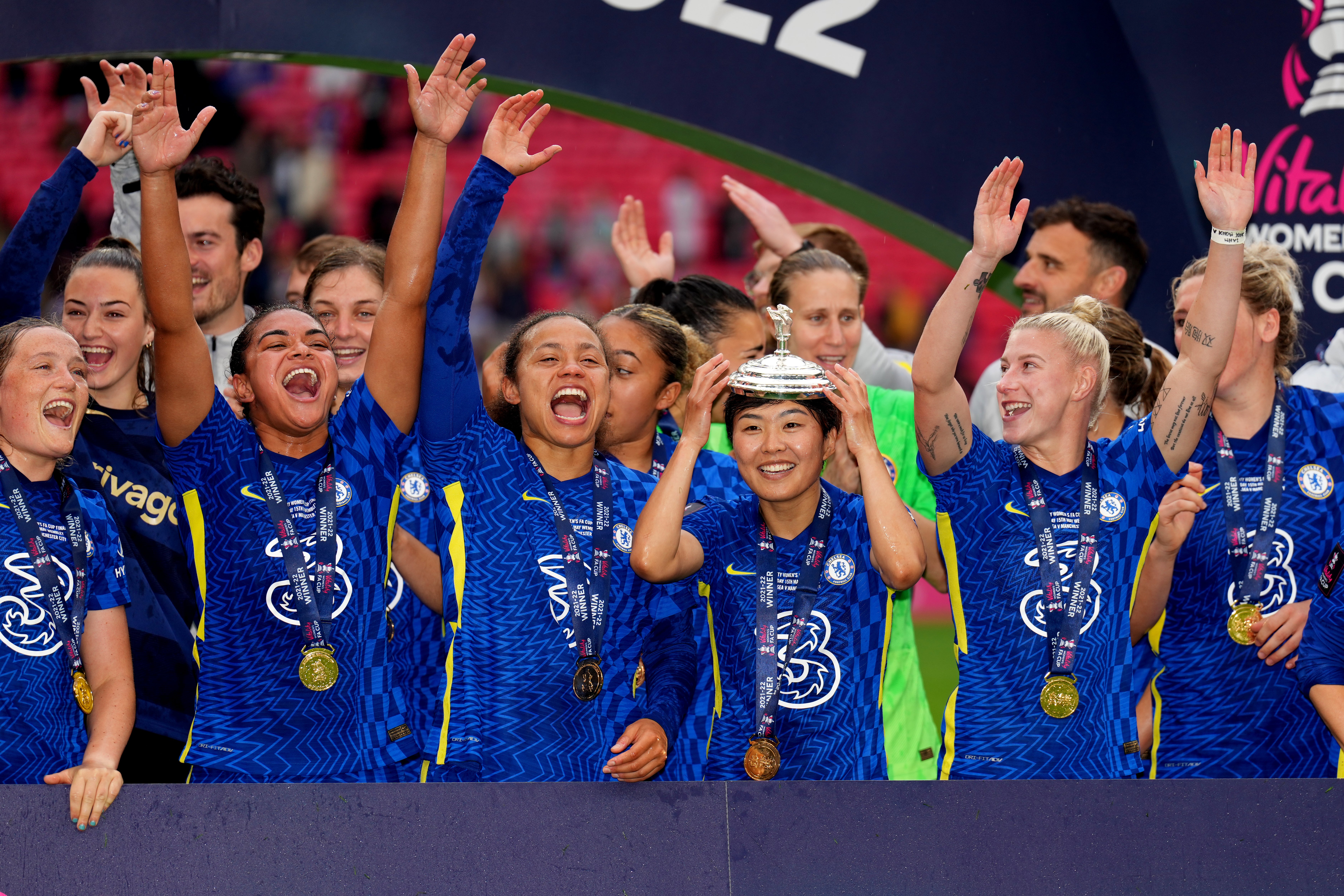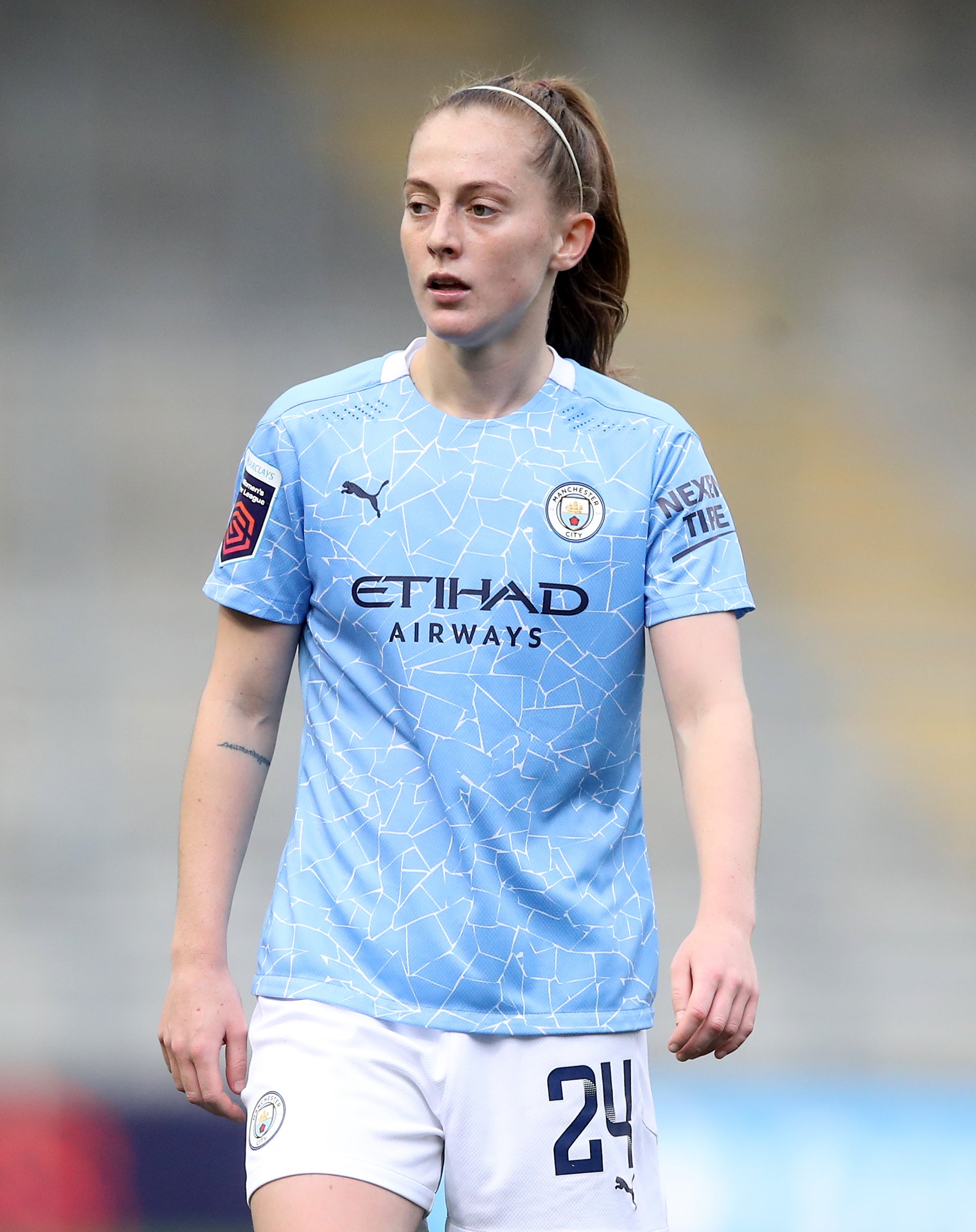Women’s football seeks to build on Euro 2022 success
The game faces considerable challenges.

The most difficult dilemma facing English women’s football can best be illustrated by the contrasting metaphors favoured by its top executives.
Baroness Sue Campbell, the Football Association’s director of women’s football, often draws on anatomy when warning of a division between the Women’s Super League’s richest and most resourceful clubs and those less privileged, in July stating: “The important thing is we don’t let the head leave the body. If the head leaves the body then there is no integrity to the football pyramid.”
Meanwhile Campbell’s FA colleague Kelly Simmons, director of the women’s professional game, likened top flight players to birds, admitting some potential strategies to ensure equality — namely the introduction of a harder salary cap — also present considerable challenges.
“It’s the biggest conundrum in the women’s game,” she said. “Because you want the clubs to compete in Champions League. You want women to earn to their full potential. No one’s clipping the wings of male players.
“And you want the league to be sustainable and all the clubs are saying ‘as this grows, how are we going to learn lessons from the men’s game and put cost controls in?’ I think we’ve got some growth to go.
“It’ll be interesting to see what Uefa do in the context of sort of financial fair play and the women’s game. I think it’s going to be a really interesting debate as the revenues grow and I don’t honestly know what the answer is at the moment.”
The WSL currently implements a soft cap, under which clubs can only spend up to 40 per cent of turnover on salaries, but some have wondered if a specific number, like in the United States’ National Women’s Soccer League, might be necessary.
Relatedly, there is growing concern about how the Championship can keep up with the top flight. To borrow from Campbell, it’s another potential head-leaving-the-body scenario at a critical post-Euro 2022 crossroads.
“We’re very conscious that the Super League is fully professional and Championship is semi-pro, but we want jeopardy,” said WSL and Championship board chair Dawn Airey.
“We want clubs to be able to move up and when someone comes up, someone comes down, and the Championship, there is a gulf between the professionals who play full time in the Super League and the part-time nature invariably of the Championship.
“So they are going to be different calibre and would we like the Championship to be fully professional? Yes we would. But there’s so much that needs to be done in terms of workforce.”
To address that this season, Championship teams, who share 25 per cent of the commercial revenue generated by the top two flights, can apply for a share of an additional £3million earmarked specifically for step two sides to further their development.
While the Championship is already under way, the WSL’s 2022-23 season starts this weekend after it, like the rest of English football, was delayed out of respect to the Queen’s death.
It is the second year of an estimated £24m, three-year broadcast deal with the BBC and Sky Sports, with broadcast revenue, said Airey, accounting for the “the single largest source of revenue at league level”.

She explained: “We need to be attracting more money to the game. We’ll be talking about the [new deal] next early next year so a very strong Super League and Championship performance this year is going to be quite important to the negotiation for the next three or five years.”
One face missing from the weekend’s clashes will be Lioness Keira Walsh, who left Manchester City for Barcelona earlier this month for a transfer fee estimated to be worth more than £350,000—smashing what was thought to be in excess of the £250,000 Chelsea paid to lure Pernille Harder from Wolfsburg.
An impressive 45,000 tickets have already been sold for Arsenal’s north London derby with Tottenham on September 24, with clubs citing an unprecedented demand for tickets to women’s matches since the Lionesses’ European triumph this summer.
How much that enthusiasm will sustain into the season, as mid-table teams duke it out in less favourable weather, remains to be seen. Still, all signs point to a considerable uptick in interest – and income – that will force the FA to consider precisely which metaphor it can live with.



Join our commenting forum
Join thought-provoking conversations, follow other Independent readers and see their replies
0Comments